CAN BIDEN REFORM THE USA ECONOMY?
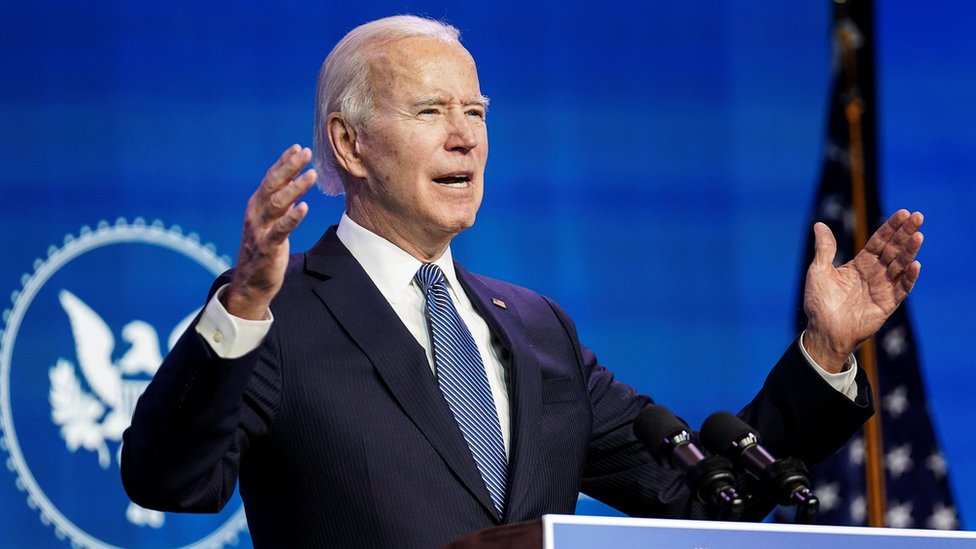
The social and economic devastation from the coronavirus pandemic helped win Joe Biden the White House – and his first months in office will be devoted to tackling it.
While the country remains sharply divided, Mr Biden’s party has control of the House and a narrow majority in the Senate as well, giving him more room than many expected to push his agenda.
So what will he do?
1. Press for more Covid-19 spending.

Since winning the election in November, Mr Biden has put promises of additional pandemic relief front and centre of his plans.
Democrats are said to be preparing a plan that could include fresh stimulus cheques for most families. Securing money for state and local governments – funding that Republicans blocked while Donald Trump was in office – is another top priority.
There is little doubt that Republicans will fight the plans. But some Wall Street analysts, such as those at Goldman Sachs, are already pencilling in $750bn more in relief on the expectation that Mr Biden will get something through eventually.
“That, at least, should be easier to do,” says Chris Low, chief economist at FHN Financial.
- Why Georgia wins are huge for Biden
- What Joe Biden wants to do
2. Call for raising the minimum wage – and taxes.
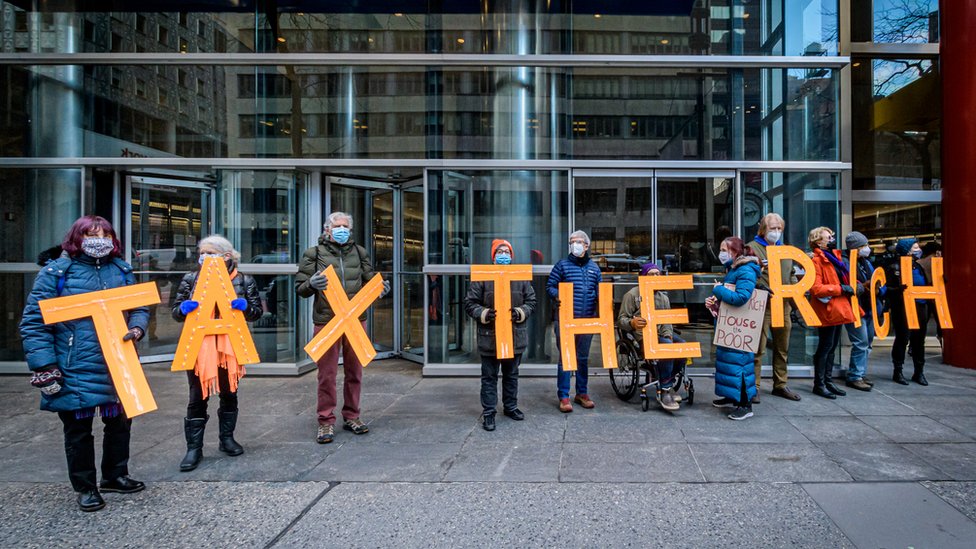
Mr Biden has said he wants to more than double America’s minimum wage to $15 an hour, a longstanding priority of trade unions and liberal advocacy groups.
He has also promised that he will push to raise taxes on the richest households and partially reverse tax cuts granted to companies during the Trump administration, when top rates dropped from 35% to 21%.
Even with Democratic majorities, however, it’s not clear that idea will become reality anytime soon, since getting such moves through would likely require some Republican support.
Wall Street analysts, at least, are betting that higher taxes are off the table for now.
But Jason Furman, a professor at Harvard Kennedy School and economic adviser under former President Barack Obama, said he thinks some rises remain possible.
“President Biden will only be able to get a fraction of what he’s called for, because he can’t do any more than what the most moderate Democratic senator wants,” he says. “I think he’ll get some tax increases on high-income households and corporations, but not a huge amount.”
3. Seek trillions in climate-friendly infrastructure spending.
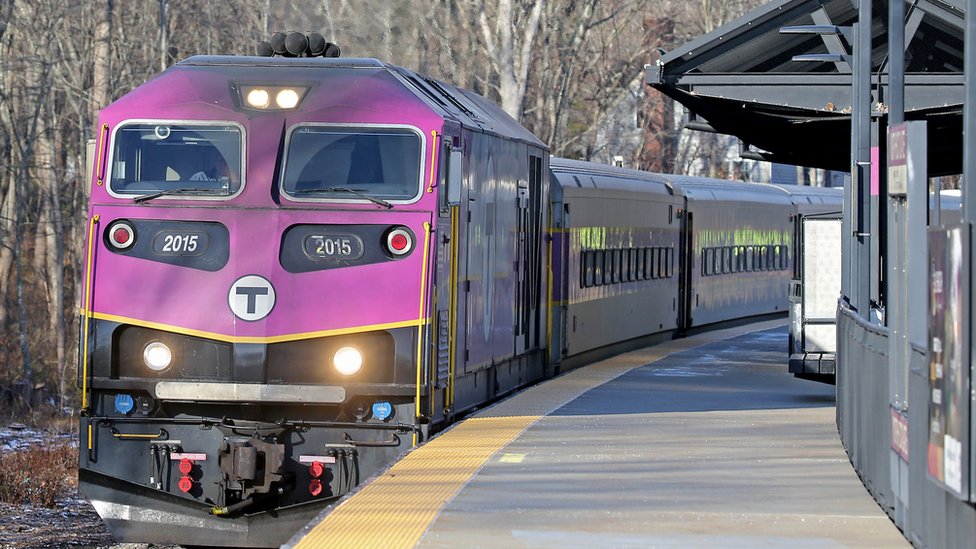
During the campaign, Mr Biden pledged to jumpstart the US economy with massive investments in infrastructure, with an emphasis on climate-friendly items like charging stations for electric vehicles.
It’s an idea with plenty of support from business groups and one that in theory could unite conservatives and liberals.
Prof Furman expects Mr Biden to push for an immediate economic aid package, fairly quickly, and then a second, bigger investment package with the tax hikes and funding for public transit, trains and other items.
But getting Congress on board for sizable public works spending might prove easier said than done.
After all, Donald Trump touted infrastructure plans too – promises that became a running joke in Washington as they repeatedly failed to progress. And many climate-friendly policies remain controversial in Republican and business circles.
“This opens up more scope but it’s still an exceedingly slim majority,” Prof Furman says. “You won’t be able to do everything.”
4. Order change on immigration and the environment.
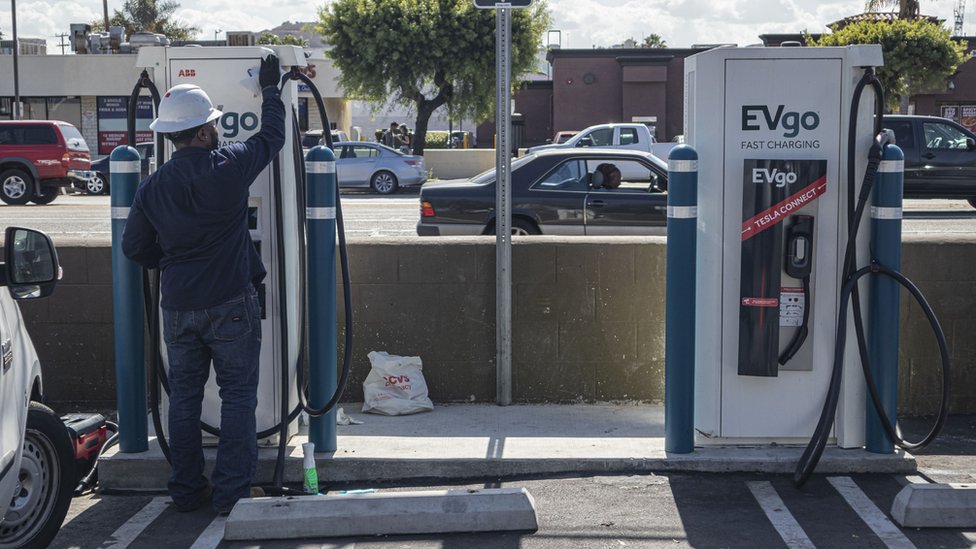
Mr Biden won’t need to depend on Congress for everything – and he’s likely to focus his executive power on issues like immigration and the environment, two areas where the corporate world often split from the Trump administration.
He has promised to quickly reverse Trump actions, including by rejoining the Paris Climate Accord and ending travel bans from several Muslim-majority countries
He’s also got power to influence policy via appointees, new rules governing issues like pollution, and Washington’s spending might, which he has pledged to use to supercharge demand for electric vehicles.
5. Do, well, something, on student debt.
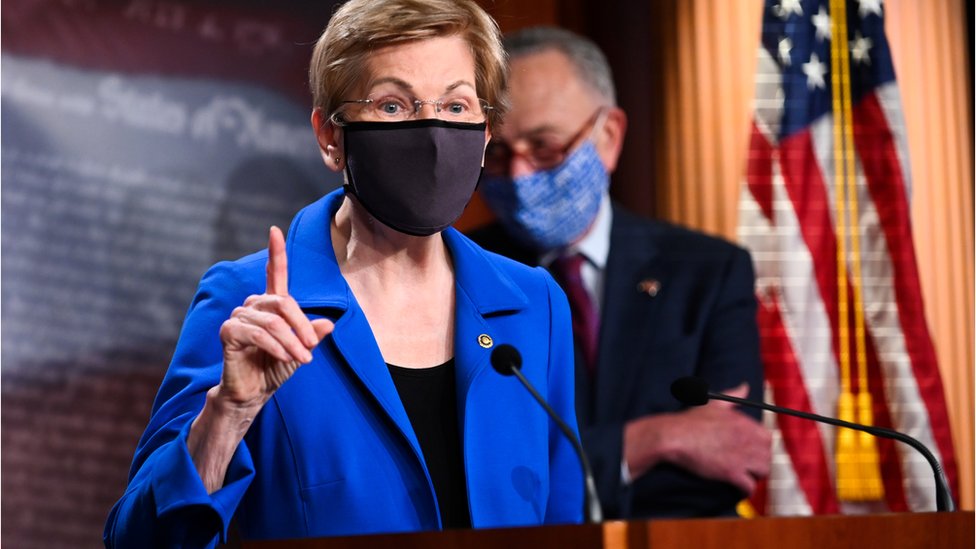
It’s not clear how far Mr Biden will go when it comes to using his White House power.
Democratic leaders like Senators Elizabeth Warren and Chuck Schumer have pushed him to sign executive orders wiping out up to $50,000 in student debts owed to the federal government.
Mr Biden has so far rebuffed calls to unilaterally cancel such debts, sticking with the stance he took during his election campaign, when he backed legislative proposals to forgive up to $10,000 in federal student loans.
“The first couple of years the Biden administration is going to find itself spending a lot of time trying to establish what the correct policy position is because they are not in agreement,” says economist Pippa Malmgren, who served in the White House of former President George W Bush. “The left is divided, just not as sharply as the right is.”





